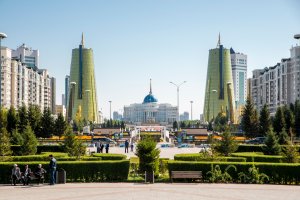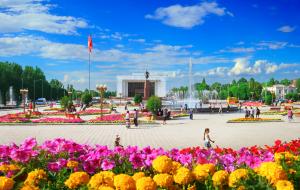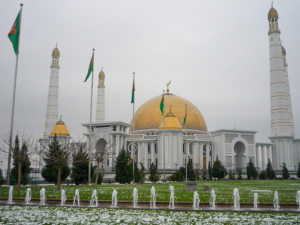Where we work
We currently work with 28 partner countries, mostly in the context of the EU's enlargement and neighbourhood policies.
Characterised by its diversity of resource-rich and resource-poor economies, Central Asia is faced with a number of challenges, including reliance on Russian economic fortunes, vacillating energy prices and demographic pressure. Policy efforts are currently focused on unemployment, migration, and informality as areas critical to achieving sustainable growth. Vocational education and training (VET) has relatively good take up in Uzbekistan (>90%), Kazakhstan (40.5%), Kyrgyzstan (37.2%) and Turkmenistan (21.7%), while it is low in Tajikistan (6.4%, mainly boys). However, in some Central Asian countries quality has been highlighted as an issue, as well as the relevance of such training to the needs of employers. In all Central Asian countries there is a current discussion of how to strengthen education systems, reform VET and improve the interaction of VET systems with labour markets.
Education has been identified as a driver of inclusion, resilience and gender equality in the region, prompting renewed government focus on financing to enhance progress in these areas. All five countries are prioritising the creation of national qualifications frameworks to foster employability, transparency and mobility. Further progress in quality assurance also depends on training staff capable of implementing the new approaches outlined by VET reform.
The Torino Process has shown active policy developments in VET in Kazakhstan, consolidation of reforms in Uzbekistan and weaknesses in policy implementation in Kyrgyzstan and Tajikistan. The key challenge across the region is strengthening labour market analysis and reforming VET systems to better respond to identified needs. With the exception of Kazakhstan, curriculum development remains largely ministry-driven with limited engagement from the private sector. Prioritising the involvement of enterprises and social partners in VET policy development and implementation at both national and regional/local levels, along with expanding work-based learning opportunities, is essential for progress.
The ETF focuses its activities on supporting the European Commission and the European External Action Service in designing and monitoring EU technical assistance and budget support in the Central Asian countries and on promoting regional cooperation aligned with the Central Asia Education Platform. It also continues to engage Central Asia in a system-wide policy analysis and monitoring progress exercise in VET via the Torino Process.









